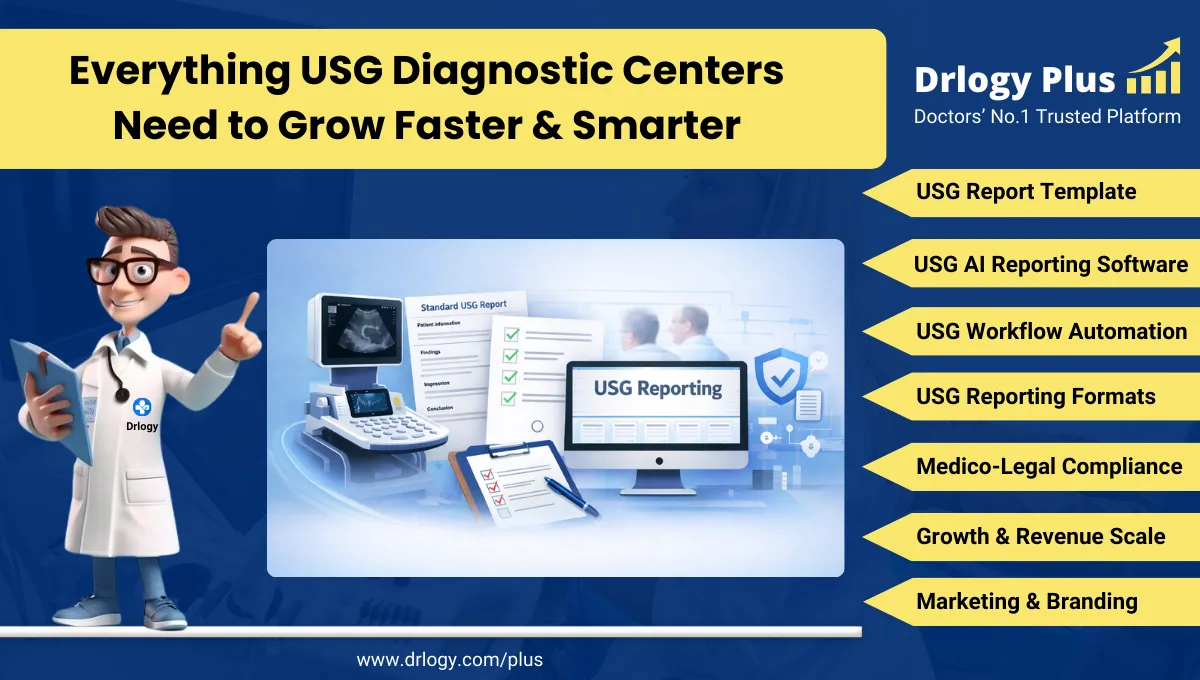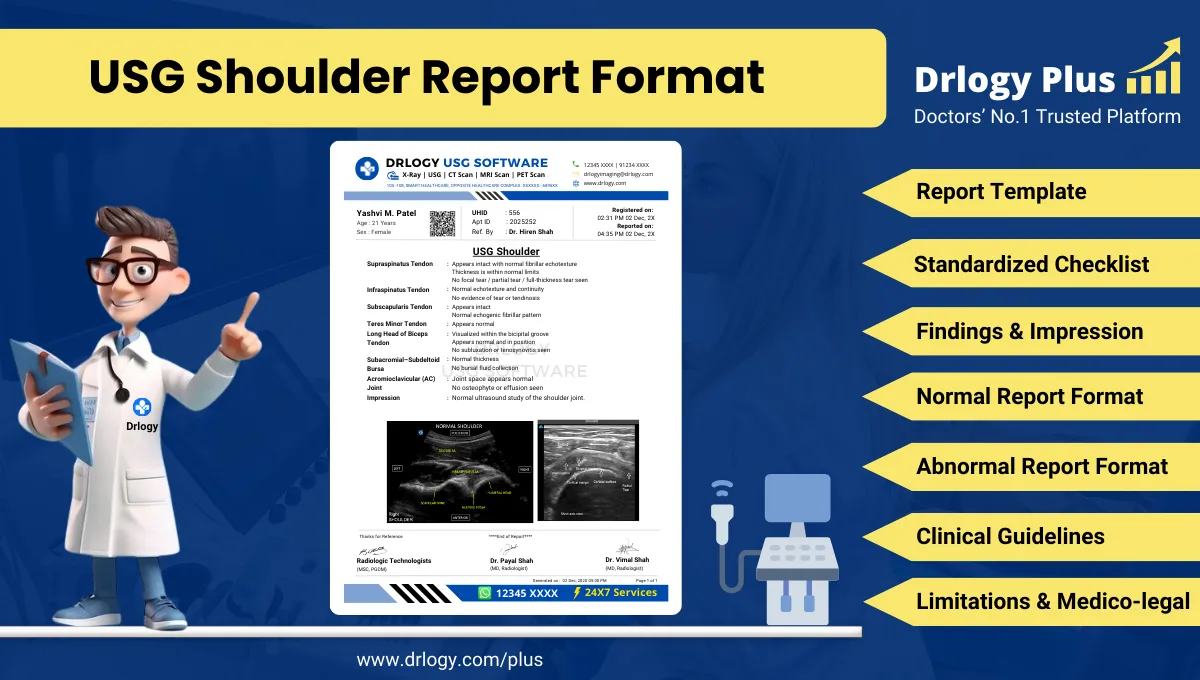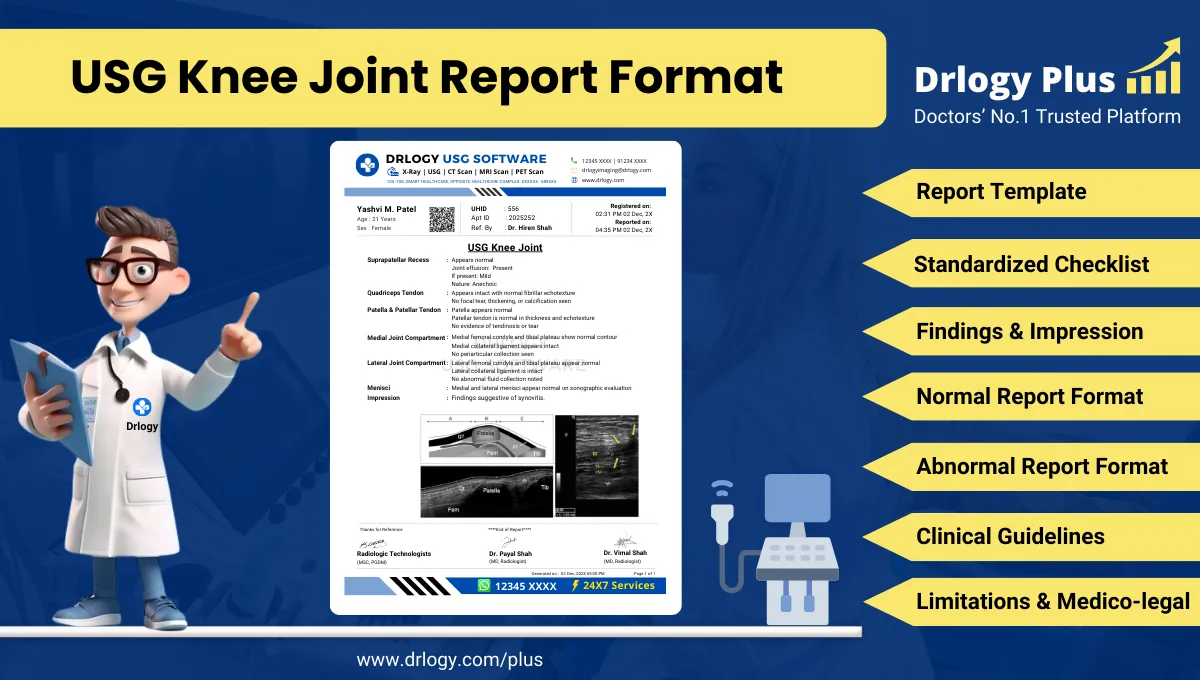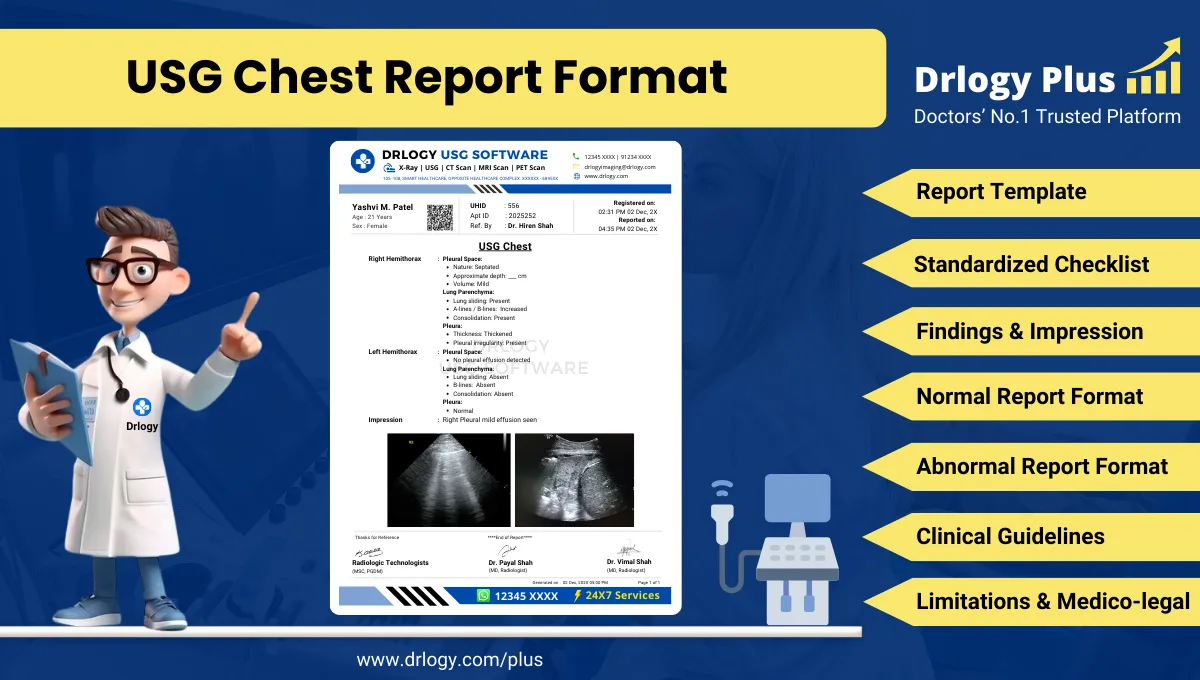

Drlogy
Healthcare organization
7 Importance of Quality Control in the Laboratory
Quality control in the laboratory is indispensable for ensuring precision, safety, and compliance. It plays a pivotal in maintaining accurate results, preventing safety hazards, and upholding regulatory standards for reliable scientific research and healthcare practices.
Recommended
7 Importance of Quality Control in the Laboratory
Here are 7 Importance of Quality Control in the Laboratory.
1. Ensures Accurate Results
- Regular quality control checks maintain accuracy in testing procedures.
- Calibration of equipment prevents measurement errors.
- Verification of reagents and standards enhances result reliability.
- Reduces the risk of false positives or negatives.
Accuracy in laboratory results is paramount for informed decision-making in healthcare and research.
2. Prevents Safety Hazards
- Identifying and correcting equipment malfunctions prevents accidents.
- Ensures proper storage and disposal of hazardous materials.
- Emergency response protocols are in place for unforeseen incidents.
- Regular safety drills reinforce staff preparedness.
Quality control safeguards laboratory personnel and the surrounding environment from potential safety hazards.
3. Maintains Compliance
- Adherence to quality control protocols ensures compliance with industry regulations.
- Documentation of procedures facilitates audits and regulatory inspections.
- Reduces the risk of legal repercussions due to non-compliance.
- Regular training keeps staff updated on regulatory changes.
Meeting regulatory standards is crucial for the credibility and legality of laboratory operations.
4. Enhances Reproducibility
- Consistent quality control practices improve the reproducibility of experiments.
- Minimizes variability between different experiments or testing sessions.
- Ensures reliability when reproducing results for validation.
- Facilitates collaboration and comparison of results across laboratories.
Reproducibility is vital for validating scientific findings and building a strong foundation for further research.
5. Optimizes Resource Utilization
- Prevents wastage of reagents and materials through proper storage and handling.
- Reduces the need for repeated experiments due to errors.
- Efficient use of resources contributes to cost-effectiveness.
- Streamlines workflows, saving time and effort.
Quality control contributes to resource efficiency, minimizing waste and maximizing productivity.
6. Builds Confidence in Results
- Regular quality checks instill confidence in the reliability of results.
- Increases trust among stakeholders, including researchers, clinicians, and patients.
- Enhances the reputation of the laboratory for producing credible data.
- Contributes to the overall advancement of scientific knowledge.
Confidence in laboratory results is essential for building trust and credibility within the scientific community.
7. Supports Continuous Improvement
- Feedback from quality control processes guides continuous improvement efforts.
- Identifies areas for training and skill development among laboratory staff.
- Encourages a culture of learning and adaptability.
- Drives innovation in methodologies and technology adoption.
Quality control fosters a culture of continuous improvement, ensuring the laboratory stays current and progressive in its practices.
Quality control in the laboratory is integral for ensuring accurate, safe, and compliant operations. It not only enhances result accuracy and prevents safety hazards but also maintains regulatory compliance.
Summary
Additionally, it optimizes resource utilization, supports reproducibility, builds confidence in results, and encourages a culture of continuous improvement. These facets collectively contribute to the credibility, efficiency, and ongoing success of laboratory activities.
Check Drlogy Plus Academy to get all answers related to hospitals, labs, clinics and patient management with all in one solution.




